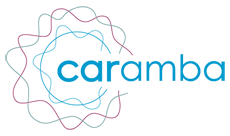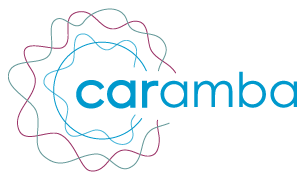CAR-T Cell Products
The CARAMBA project is executing a multi-center Phase I/IIa clinical study demonstrating the safety and initial efficacy of a new advanced therapy medicinal product (ATMP) in myeloma, a rare disease with a tremendous unmet medical need. Once the proof-of-concept for the safety and the efficacy of the SLAMF7 CAR-T cell product is obtained, larger Phase II/III studies will need to confirm the clinical value. It is expected that this will be accomplished soon with a projected time to market of 3-4 years after CARAMBA’s project end. This ambitious timeline is justified by the current acceleration in clinical development of similar products in the US where products based on CD19 CAR-T cells have been granted by the FDA the “breakthrough therapy” status. To this aim, it is worth emphasizing that the CARAMBA SLAMF7 CAR-T cell product has already been granted the Orphan Drug Designation by the EU, clearly indicating the potential for a rapid clinical investigation into patients. We also want to point-out that CARAMBA takes the CAR-T cell subject from an entirely different and novel angle, in that it specifically exploits the non-viral Sleeping Beauty approach to gene transfer to tackle the myeloma indication. Given the highly competitive field, many companies – including important US ones – contacted CAR-T investigators in the last 2-3 years eager to invest and become pioneers in CAR-T treatment.
Market Impact
Considering the impressive potential of CAR-T cell immunotherapy, there is significant interest among patients, health care providers and physicians, as well as commercial entities to establish this treatment. It is evident that CARAMBA has a tremendous potential to foster the economic development of personalized cellular therapeutics as medicinal products in the EU. With a projected market value of 100.000 EUR and considering the prevalence of rare cancers as a whole, the European market value would be in excess of several billion €. It is expected that CARAMBA will have a considerable and beneficial technological impact on EU research, positioning the EU as being competitive with the US and Asia in the ‘CAR-T cell revolution’. Noticeably, the proposed clinical study of CAR-T cell immunotherapy with non-viral gene transfer will be the first of its kind outside the US and will thus paving the way for a number to come in the EU. In general, clinical trials of cancer immunotherapy with CAR modified T cells, are currently only available at a very limited number of cancer centers in the US and recently also in China. The time has therefore come to invest into targeted cellular therapies in the EU for at least three reasons:
- To make sure that the know-how and IPR associated with cellular therapeutics is generated and maintained in the EU
- To safeguard that clinical trials with cellular therapeutics are conducted in the EU and lead by EU investigators
- To guarantee that cellular therapeutics are manufactured and released in the EU in order to secure the continuous provision of safe and effective health care products to EU citizens.


